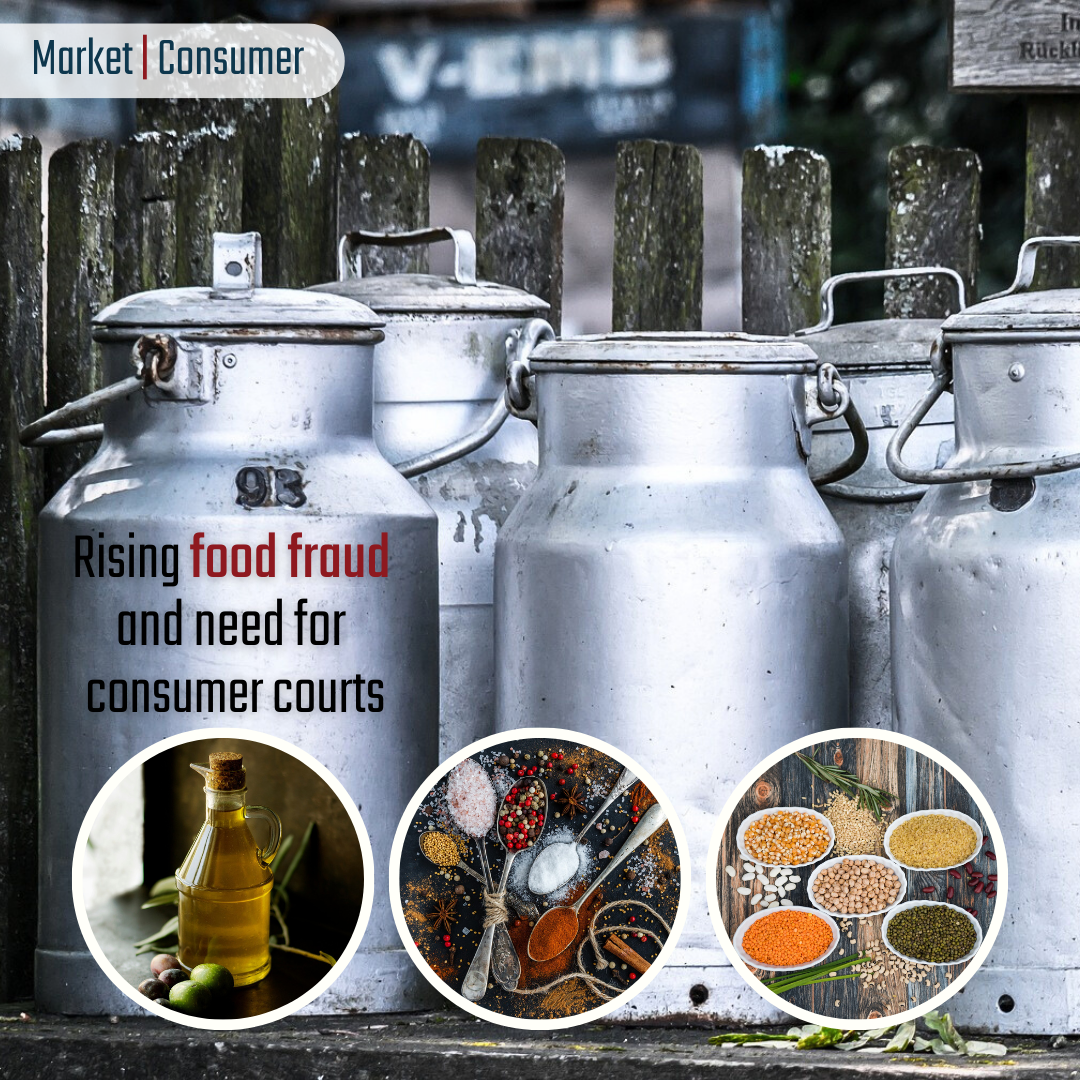
A wide range of food and beverage, including drinking water, milk, dairy products, spices, tea, edible oils, and lentils are found to be contaminated, produced using expired raw materials, or relabelled after expiry at the expense of consumer's health — shows different stats released by the Department of Food Technology and Quality Control (DFTQC).
In the fiscal year 2021/22, the DFTQC filed cases against 115 companies for producing and selling inedible food.
The number of cases filed was 100 in the fiscal year 2020/21 where the state-owned Dairy Development Corporation (DDC) was also pressed charges for producing low-quality butter and milk.
Out of the 4,460 samples collected in 2021/22 by the DFTQC, 224 were found hazardous to human health — where 115 producers were pressed charges, and others remained under further probes.
Most of the cases were related to food grains and pulses — 30 cases to grains and pulses and 19 related to milk and dairy products.
In the first quarter of the present fiscal year, the department collected 678 samples and tested 516 of them — out of which 22 (4.3%) samples tested hazardous. Six of them were related to processed drinking water.
The department has filed 34 cases against the producers at different district offices and district courts, says its quarterly report of the present fiscal year.
In a striking case, Nepal Police arrested a man (Jan 2022) with a large volume of low-quality honey that he produced and sold under the Sparsh Honey label. The same individual was also found to be operating Sparsh Food Products and Packaging company which made cookies using expired raw materials — Nepal Police raided the factory in Feb 2022.
Despite Article 44 of the Constitution of Nepal, which guarantees the "Rights of the consumer" as a fundamental right and stipulates that every consumer has the right to obtain quality goods and services, the stats tell a different story — consumers face increasing risk of using adulterated and expired food and beverage products — also indicating the urgent need for establishing consumer court to protect consumers rights, discourage businesses from market frauds and bring the fraudulent to book.
In 2018, the government made the first amendment to the Consumer Protection Act that was introduced in 1998, requiring the government to establish a consumer court under a district judge and two government officials as members.
While the consumer court is expected to address the pressing issue of consumer fraud, its creation never materialized pertaining to which the Forum for Protection of Consumer Rights moved the Supreme Court.
In response, the court instructed the government in February 2022 to establish consumer courts in all provinces — but the establishment of such courts is yet to see the light of day.
Read More Stories
Kathmandu’s decay: From glorious past to ominous future
Kathmandu: The legend and the legacy Legend about Kathmandus evolution holds that the...
Kathmandu - A crumbling valley!
Valleys and cities should be young, vibrant, inspiring and full of hopes with...
The majestic Upper Mustang and its water troubles
The wind stirs heavily across the barren landscape as our bus pushes along...